Canada’s Catholic Church apologizes ‘unequivocally’ to indigenous peoples for school abuses
Canada’s Catholic bishops have issued a public apology to indigenous people for a century of grave abuse and suffering at church-run residential schools.
In a statement, the Canadian Conference of Catholic Bishops (CCCB) apologized “unequivocally” to indigenous people for the suffering they endured at residential schools set up by the government to forcefully assimilate children into the mainstream.
The apology came after recent shock discoveries of some 1,200 unmarked graves at three sites where indigenous children were forced to attend the schools.
According to reports, some 150,000 Indian, Metis and Inuit children were enrolled from the late 1800s to the 1990s in 139 of the residential schools across Canada, spending months or years isolated from the families.
An estimated 6000 First Nation children died while attending those schools.
"We, the Catholic Bishops of Canada, express our profound remorse and apologize unequivocally," the CCCB’s statement said, adding that they "acknowledge the suffering experienced in Canada's Indian Residential Schools."
"Many Catholic religious communities and dioceses participated in this system, which led to the suppression of Indigenous languages, culture and spirituality, failing to respect the rich history, traditions and wisdom of Indigenous peoples," read the statement.
"We acknowledge the grave abuses that were committed by some members of our Catholic community; physical, psychological, emotional, spiritual, cultural and sexual."
The statement underlined that the CCCB "sorrowfully acknowledges" the lingering trauma suffered by former residential school students and their families.
Expressing that they are "fully committed" to reconciliation, the bishops reiterated the CCCB’s pledge to raise funds across the country to support regional indigenous groups with projects defined at the local level.
Many of the indigenous children separated from their homes by the Church’s school system were subjected to abuse, rape, and malnutrition. Under pressure, the Canadian government formally apologized in 2008.
AFN National chief disappointed
Reacting to the statement, the national chief of the Assembly of First Nations (AFN) welcomed the apology but said the Church needs to follow up with "concrete actions."
"On one hand, their unequivocal apology is welcomed," AFN chief RoseAnne Archibald said. "However, I am disappointed that the Canadian Conference of Catholic Bishops did not take the long overdue step of passing a motion/resolution to formally invite the Pope to Canada to offer his apology to First Nations and Indigenous Survivors and intergenerational trauma survivors here on Turtle Island."
Archibald said she would continue to seek an apology from Pope Francis in person "on our sacred lands," adding that the Church needs to meet financial commitments to residential school survivors.
"The fact remains that the church raised less than 15 percent of the $25 million that it promised in 2006 as part of the Indian Residential Schools settlement," she said.
"The words of the apology speak to a commitment by the Catholic Church to the healing path forward with First Nations and Indigenous peoples," the AFN chief continued. "Only time will tell if concrete actions will follow the words of contrition by the Bishops."
Canadian Prime Minister Justin Trudeau apologized in June for the “harmful” government policy of indigenous assimilation in church-run schools across the country, and called on Pope Francis to come to Canada and do the same.
Earlier that month, the pontiff expressed his pain over the discoveries and pressed both religious and political authorities to shed light on “this sad affair,” but he stopped short of offering a formal apology.
Indigenous groups and leaders have called for a papal apology for the Church's role in the residential schools, stressing that an apology is welcomed but it would be more meaningful coming from the pope himself.
A delegation of Canadian indigenous peoples is scheduled to travel to the Vatican in December to meet with the pope.
South Korean civic leaders demand peace with North
VIDEO | Iran foreign-backed terrorist attacks: Italian diplomats decry US-Israel interference
VIDEO | Israel demolishes UNRWA structures in East al-Quds
VIDEO | Press TV's news headlines
VIDEO | 100+ days of ceasefire: Israeli killing of Palestinians continue amid Intl. silence and impunity
VIDEO | EU split over new Iran sanctions amid claims of double standards
VIDEO | Gaza’s silent plague: Mysterious virus claims lives amidst total medical collapse
VIDEO | Growing transatlantic rift


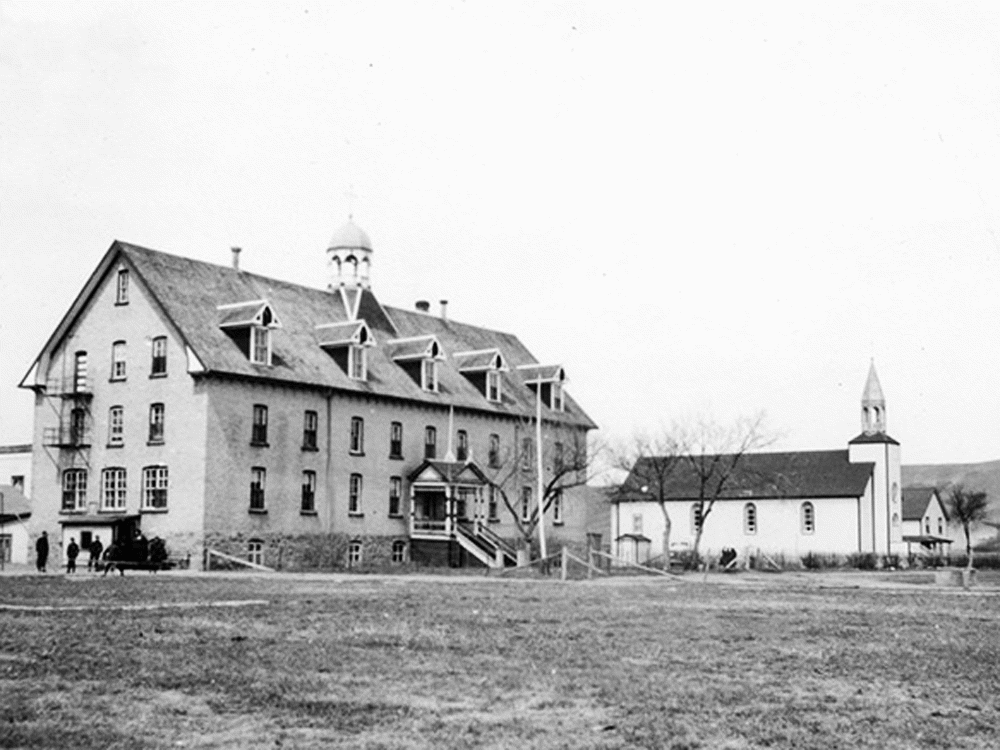
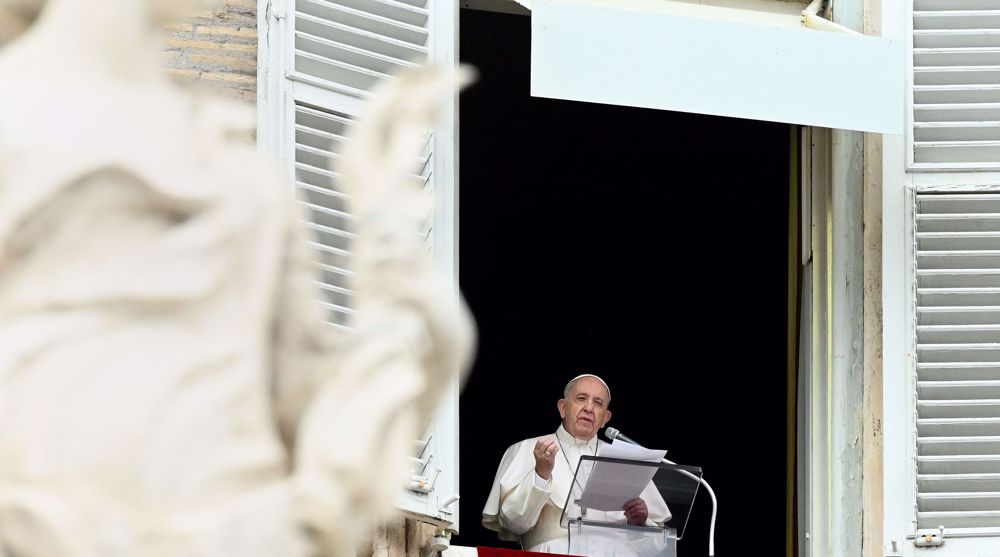
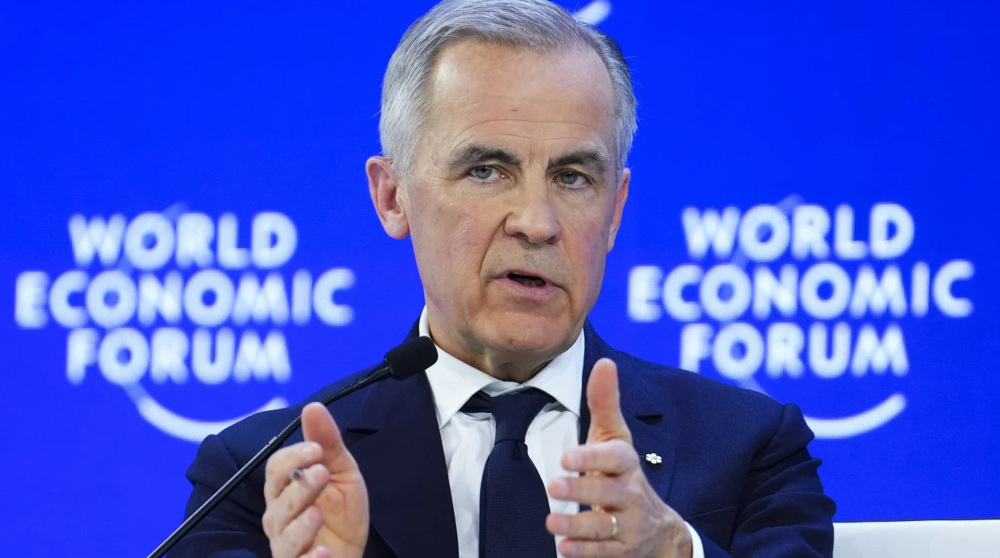
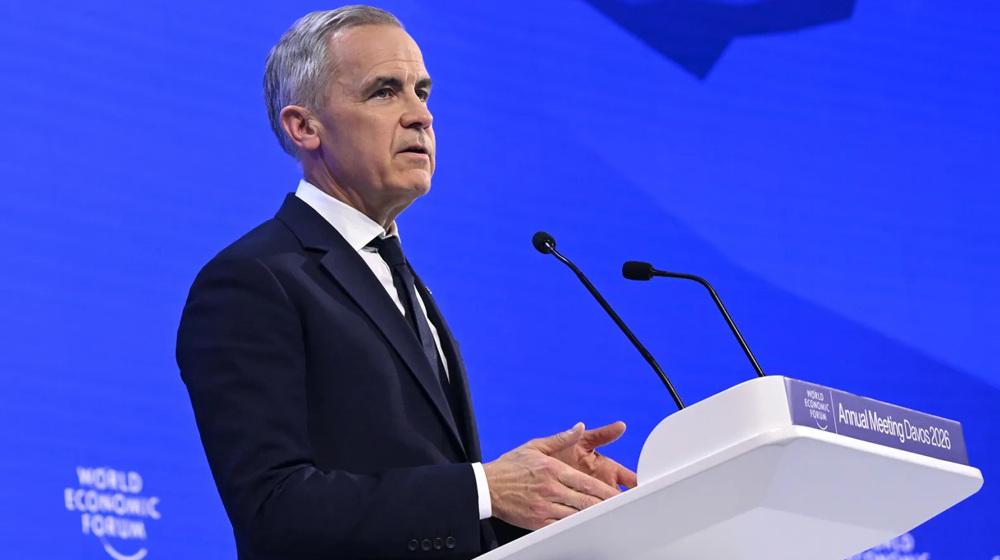
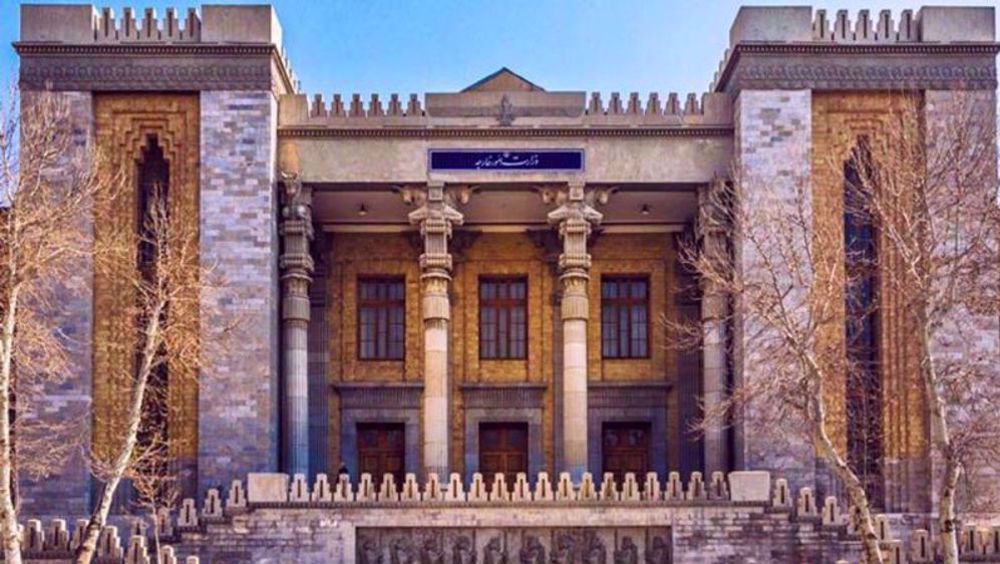




 This makes it easy to access the Press TV website
This makes it easy to access the Press TV website